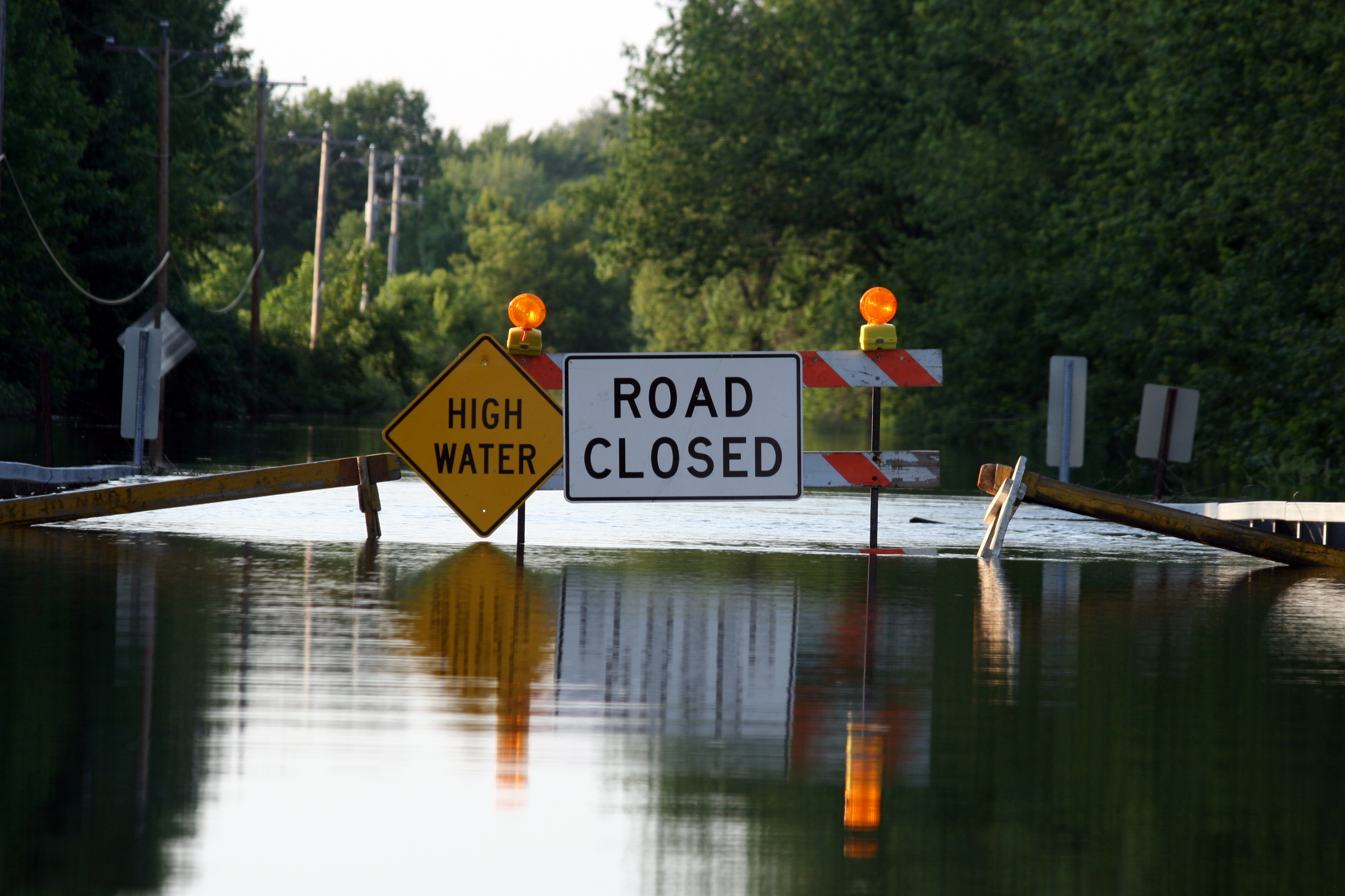
Navigating the Aftermath: How to Avoid Flood Relief Scams
July 17, 2024
In the aftermath of a natural disaster, the promise of "help" can feel like a lifeline. But unfortunately, scammers prey on this vulnerability. So how do you weed out the scammers and get real help?
What to watch for:
- Unlicensed "helpers" offering immediate clean-up: Be wary of unsolicited offers promising immediate clean up or repairs, especially those with outrageous prices or pressure to pay upfront. Reputable contractors have licenses, insurance, and provide written contracts. If they do provide you with a contract, make sure that there are no blank spaces that could be filled in later!
- "Government officials" demanding personal information: Legitimate government agencies never ask for money, credit card details, or Social Security numbers.
- FEMA impersonators charging for assistance: FEMA helps people after disasters, for FREE! If someone says they can get you help for a fee, it's a scam.
- Quick and untraceable payment methods: Scammers prefer wire transfers, gift cards, payment apps, cryptocurrency, and cash. Secure methods like checks or credit cards offer better protection.
How to Protect Yourself:
1) Verify credentials
Always ask for licenses, insurance, and written contracts before hiring anyone especially if they promise immediate clean up or repairs. Check online reviews and your local home builder's association to see if other people have had similar experiences to you with your contractor, good or bad.
2) Guard your information
Legitimate government agencies never ask for money, credit card details, or Social Security numbers.
3) Get financial help
The Federal Emergency Management agency has a number of different resources no matter how you have been affected by natural disaster. Call the FEMA Disaster Helpline at 1-800-621-FEMA or visit their website.
4) Use secure payment methods and never pay in full upfront
Use checks or credit cards for repairs, not gift cards or cash. Scammers ask for these types of payments because, once they’ve collected the money, it’s almost impossible for you to get it back. Make sure to to keep all receipts for your records and do not pay in full until the work has been completed and you are happy with the results.
Remember: By being informed and cautious, you can navigate the recovery process with confidence and ensure the help you receive is legitimate. If you think you see a scam, report it to the FTC at ReportFraud.ftc.gov. Your report could help the FTC stop the scammers and help someone else avoid that scam.